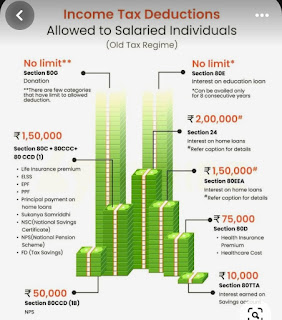GST Registration Requirement-Analysis-2022
WHAT IS GST
GST is known as the Goods and Services Tax. It is an indirect tax that has replaced many indirect taxes in India such as excise duty, VAT, services tax, etc. The Goods and Service Tax Act was passed in Parliament in 2017 and came into effect on 1st July 2017.
GST Full Form - Goods & Service Tax
Government Dwara Kisi Bhi Parkar ke Maal Ya Kisi Bhi Parkar ki Service
Par Lagaya Gaya Tax Goods & Service Tax (GST) kehlata hai.
Multi-stage taxation
A product goes through multiple stages before it is consumed by the end-user. These stages are similar to those of a supply chain.
For instance, the supply chain of a product involves the following stages:
- Purchase of raw materials
- Manufacturing of a product,
- Selling the product to a wholesaler and then to a retailer
- Sale to the end consumer
GST is levied on each stage mentioned above, which makes it a multi-stage tax.
Destination-based tax
GST is levied at the point of consumption of goods or services. For instance, if a product is manufactured in West Bengal and is sold to an end consumer in Karnataka, then GST will be levied and collected by the Government of Karnataka and not West Bengal.
The following category of persons do not require GST Registration:
1. The business for which aggregate turnover during the financial year does not exceed Rs.40 lacs for goods (Rs.20 lacs for special category states) or Rs.20 lacs for services (10 lacs for special category states).
2. The business that does not fall under the provisions of compulsory registration.
3. Personal selling goods or services that are exempt under GST or not covered under GST.
4. Agriculturists for the supply of crops produced from the cultivation of land.




Comments
Post a Comment